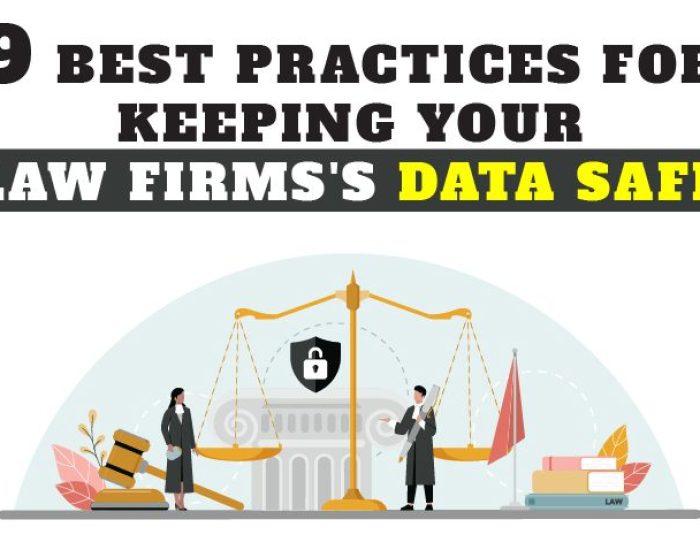Why Cyber-attacks Are So Damaging
The digital world has made life easier for humans and opened up new avenues for exploitation and crime. Cyber-attacks have become increasingly common, and their damaging effects are felt everywhere.
We welcome you to another episode of Uptime with Richard Luna. In the cybersecurity minute today, we will discuss why cyber-attacks are so damaging, the cost, and how small businesses can protect themselves from cyber threats.
Why are Cyber-attacks So Damaging
Cyber-attacks are so damaging because they can do immense harm to businesses, governments, and individuals. Cyber threats can cause tremendous economic losses and compromise the security of sensitive information.
Businesses may lose sensitive customer information or confidential corporate data and bear the cost of replacing or restoring it. In some cases, they may even be fined by regulatory agencies for failing to protect their data. Cybercriminals can also steal money from businesses by hacking into their systems, leading to significant losses.
The Cost of Cyber-attacks
The cost of cyber-attacks can be immense in terms of money and reputation. Businesses that are targeted by cybercriminals can suffer significant financial losses due to theft, fraud, and other malicious activities. They may also be subject to fines and other penalties imposed by regulatory agencies.
In addition to financial losses, businesses can suffer reputational damage due to cyber-attacks. Customers may lose trust in the company and take their business elsewhere. This can lead to a decline in sales and profits, and it may take a long time for the industry to recover.
Another cost of cyber-attacks is the time and effort spent restoring systems and data. Businesses will have to invest in new security measures to protect their systems from future attacks, and they will also have to spend time and resources recovering from the attack. This can be a lengthy and costly process, and it can disrupt the business’s operations.
Cybersecurity for Small Businesses
Small businesses are especially vulnerable to cyber threats, as they usually lack the resources and expertise to protect themselves. Fortunately, there are several steps that small businesses can take to protect themselves from cyber-attacks.
The first step is to invest in robust cybersecurity tools and technologies. These tools can help to protect the business from various threats, such as malware, phishing, and ransomware. It is also essential to ensure that the business’s systems are regularly updated to protect against the latest threats.
Small businesses should also develop an incident response plan to prepare for cyber-attacks. This plan should include steps for identifying, responding to, and recovering from a cyber-attack. Training employees on cyber security best practices, such as avoiding suspicious links and emails and using strong passwords, is also essential.
Finally, small businesses should consider working with a cybersecurity partner to ensure that their systems are secure. A cybersecurity partner can provide enterprise-grade protection and help the company respond quickly and effectively to any threats.
Conclusion
Cyber-attacks can have severe and far-reaching consequences, and businesses of all sizes need to take steps to protect themselves. Small businesses should invest in robust cybersecurity tools and technologies, develop a comprehensive incident response plan, and work with a cybersecurity partner to ensure their systems are secure. With the proper protections in place, businesses can reduce cyber-attack risk and minimize its damaging effects.
At Protected Harbor, we provide enterprise-grade cybersecurity to businesses of all sizes. Contact us today for a free cybersecurity assessment and get the peace of mind that comes with knowing your business is secure. Keep watching the video and other resources to stay safe.





